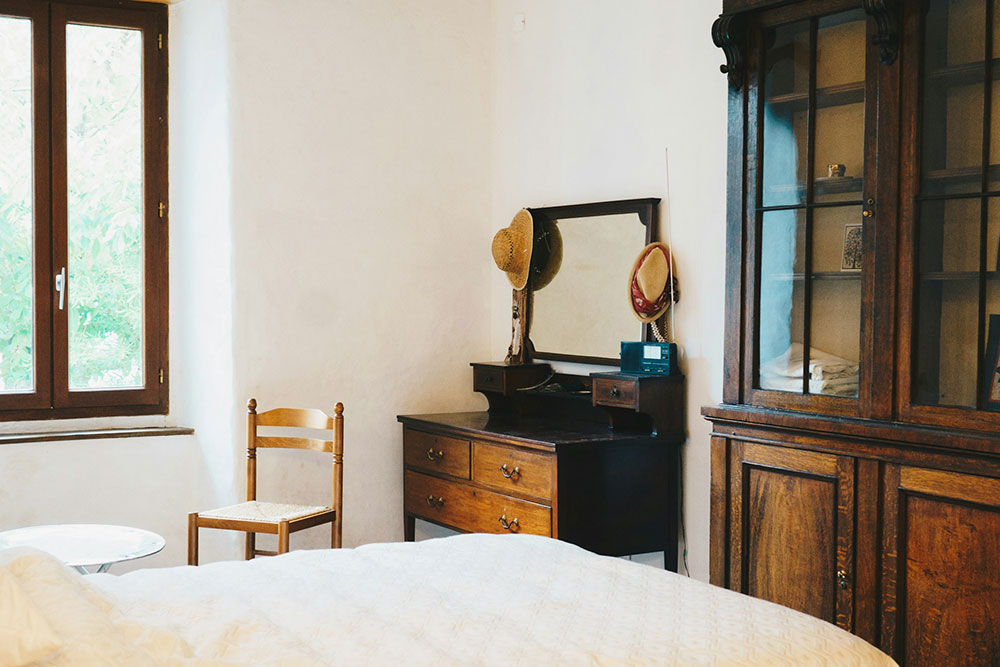

22/07/2025 Latest News
When a loved one passes away, there are many emotional and practical responsibilities to manage, and clearing their property is often one of the biggest. If you’ve been named an executor or are supporting a family member through probate, understanding how to prepare a property for probate clearance can help make the process smoother, more efficient, and less stressful.
At Auctioneum, we’ve supported hundreds of families and executors across Bristol, Bath and the South West with probate house clearances. This step-by-step guide covers the key stages, from paperwork to property access, and explains how to work with a trusted professional clearance provider.
Before any major decisions are made about a property or its contents, it’s important to confirm whether probate is needed. If the deceased owned property or had significant assets in their name, the executors will usually need to apply for a Grant of Probate (or Letters of Administration, if there is no will).
While some initial preparations can be made in the meantime, the formal clearance and sale of assets should not take place until the grant has been issued. This protects executors legally and ensures that any proceeds from the estate are properly documented.
If you're unsure whether probate is required, a solicitor or probate specialist can advise based on the specific circumstances.
Once the property is unoccupied, it’s important to make sure it is safe and secure. This may include:
If the property will be empty for some time, consider arranging regular visits or asking neighbours to keep an eye on it. Many insurers require that unoccupied homes are checked every 7 or 14 days to maintain cover.
Before the contents of the property are sorted or cleared, gather and preserve any paperwork that may be needed for legal or financial reasons. This includes:
These documents can help executors manage the estate, complete probate forms, and determine what needs to be kept, valued, or sold.
One of the key requirements of the probate process is an accurate valuation of the deceased’s assets, including the contents of the property. This is where a professional probate valuation comes in.
At Auctioneum, our SOFAA-approved valuers can:
This report is essential for submitting accurate inheritance tax forms and ensuring the estate is managed responsibly.
After the valuation has been completed, it’s time to start sorting the contents of the home. Many families find this emotional, it’s not just furniture and boxes, but memories and moments tied to a loved one’s life.
We recommend:
You don’t need to tackle this all at once. Auctioneum’s team can support you at every stage and will never rush the process. We’re always respectful of personal possessions and can work with you directly or via a solicitor if needed.
Once you're ready, you can book a probate clearance with a trusted provider. At Auctioneum, we manage the full process, including:
We work across Bristol, Bath and the surrounding areas, and all our clearance work is fully insured and carried out by experienced staff using trusted haulage partners.
With the clearance complete and the valuation submitted, the executors can move forward with the rest of the probate process. This might include:
Any items sold through auction will be settled into the designated estate account, and our team can provide sale receipts and statements as needed.
Whether you're a family member, executor or solicitor, Auctioneum offers expert probate valuation and clearance services across Bristol, Bath and the South West.
To discuss how we can help, please call us on 0117 9671000 or email info@auctioneum.co.uk. We offer free initial advice and a sensitive, straightforward service at every stage.